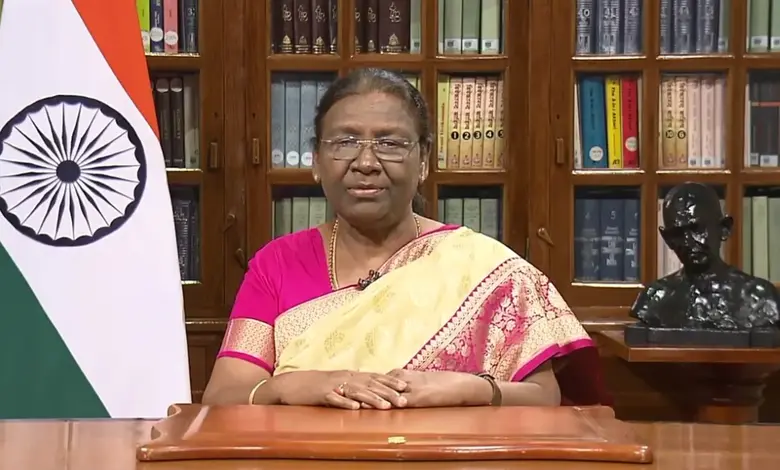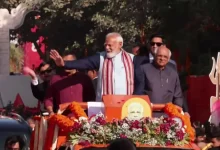President Murmu seeks clarity from SC on whether timelines can be ‘imposed’ on President, Governors to clear State Bills

New Delhi: President Droupadi Murmu has formally sought the Supreme Court’s guidance on whether the judiciary can impose deadlines and dictate procedures for the President and Governors when handling state bills. This move, invoking Article 143 of the Constitution, responds to the court’s April 8 ruling, which set a three-month timeframe for decisions on bills reserved for presidential consideration, a decision Murmu argues lacks constitutional grounding.
The Presidential Reference, as reported by The Hindu, raises 14 questions to clarify the scope of judicial authority under Article 142, which the Supreme Court used to issue its directive. Murmu emphasized that Articles 200 and 201, governing the roles of Governors and the President in granting or withholding assent to state bills, do not specify any time limits or procedures. The notion of “deemed assent,” introduced by the court, is also contested as incompatible with the constitutional framework, as it restricts the discretionary powers of these officials.
The controversy stems from a Supreme Court verdict addressing delays by Tamil Nadu Governor R.N. Ravi in acting on 10 bills, some pending since 2020. The court declared the Governor’s inaction unconstitutional and mandated timely decisions, prompting Murmu’s call for clarity. The reference notes conflicting Supreme Court judgments on whether presidential assent under Article 201 is subject to judicial review, highlighting the need for a definitive interpretation.
Murmu’s questions include whether the Governor is bound by the Council of Ministers’ advice under Article 200 and whether judicial orders can override the constitutional powers of the President and Governors. The reference also questions the court’s suggestion that the President should seek Supreme Court advice on reserved bills, arguing it imposes an unwarranted obligation.
The Hindu further reported that the Presidential Reference critiques states’ increasing reliance on Article 32 to challenge delays, bypassing Article 131, which is better suited for federal disputes. This trend, Murmu argues, risks misusing judicial processes to address issues of constitutional interpretation.




